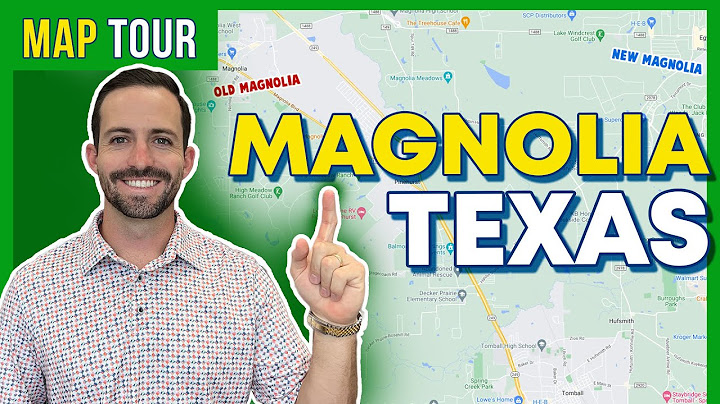 Law enforcement officers and county prosecutors object to legislation in the Kansas House increasing potential good-time incarceration credit to 50% of a sentence in response to crowding at state correctional facilities. The Kansas Department of Corrections and the Kansas Sentencing Commission support broadening of good-time credit from the current standard of 15% or up to 20% for certain lower-level crimes. Inmates incarcerated for "off-grid" felonies, including murder and child sex crimes, don't qualify for good-time credit and wouldn't be covered by the proposed reform. Kim Parker, who represents the Kansas County and District Attorney's Association, said the organization's members were opposed to such a sweeping reduction in prison sentences for crimes occurring after July 1. The change would compound challenges faced by prosecutors attempting to explain to crime victims punishment derived from the judicial process, she said. "Victims are often angry, disappointed and frustrated by the lack of accountability required of a convicted defendant," Parker said. "The task of helping a victim understand that a sentence just delivered by a judge to a defendant can be cut in half by an administrative review of a defendant's conduct, while locked up, does not go well." Sedgwick County Sheriff Jeff Easter, on behalf of the Kansas Sheriffs' Association, said a central flaw of House Bill 2484 was the 50% good-time credit policy could apply to any crime. He said growth of jail and prison populations would drive criminal justice reform, but the bill "looks more like an effort to clear incarceration populations rather than an effort to conscientiously consider the need for sentences or the reason behind certain sentence lengths." Scott Schultz, executive director of the Kansas Sentencing Commission, said Kansas prisons for men and women inmates were at capacity. In December, crowding in the Kansas Department of Correction's system required the state to send 125 inmates to Arizona and was contracting for 85 county jail beds in Kansas. The state's prisons have space for 9,000 men and 900 women. Prison population projections indicate the state will need an additional 1,500 prison beds by 2029 without modification of laws or policies of incarceration, he said. The commission estimated the House bill could reduce demand for prison beds by 150 in 2021 and by 2,000 by end of the decade. Schultz said a study by Pew Charitable Trusts found little or no evidence that longer prison terms for nonviolent offenders prevented future crime. Public opinion sides with reducing recidivism over longer prison terms, he said. "Another benefit of this legislation is field officer safety," Schultz said. "Less inmates in each correctional facility reduces the likelihood of violence on corrections officers." View Top 50 National CA SB1008 Corrections: communications. DC B24-0553 Public Health Emergency Credit Alert Amendment Act of 2021 CA AB558 School meals: Child Nutrition Act of 2022. NJ A4547 Exempts community gardens composting on-site from certain DEP permits under... CA SB473 Health care coverage: insulin cost sharing. US HR1271 Of inquiry requesting the President transmit to the House of Representatives... NH HR24 Memoralizing Mary Griffin. CA AB2530 California Health Benefit Exchange: financial assistance. CA SB1065 California Abandoned and Derelict Commercial Vessel Program. by: Matthew Self Posted: Jun 30, 2022 / 05:40 PM CDT Updated: Jun 30, 2022 / 05:40 PM CDT TOPEKA, Kan. — Dozens of new laws were recently approved during the 2022 Kansas Legislative session, and several are set to become active by July. Gov. Laura Kelly signed a total of 100 laws this year with 75 set to become effective as of July 1, 2022. Some of those laws that go into effect July 1 were considered controversial during the legislative session while others will make major changes in Kansas. House Substitute for Senate Bill 84, which legalizes sports gambling in Kansas, was signed by Kelly on May 12. It will allow state casinos to use digital platforms and create sportsbooks. It will also allow venues such as restaurants and nonprofit fraternal or veterans organizations to hold sports wagering. With sports betting legalized, it could bring in almost $41 million to Kansas by 2027. Driverless vehicles will be hitting the roads in Kansas now that Senate Bill 313 has been approved. This law allows the operation of driverless-capable vehicles without a human driver that have an automated driving system engaged under certain circumstances. Owners of these vehicles need to register with the Kansas Highway Patrol before being able to operate such a vehicle and have them properly labeled. Children under the age of seven will also be able to acquire a lifetime hunting and fishing license soon. The cost of the license isn’t expected to go above $500 and will be available to all Kansas children under the age of seven, courtesy of the Kansas Department of Wildlife and Parks. Senate Substitute for House Bill 2138, which will crackdown on election equipment security, will also go into effect next month. The law prohibits counties from using voting equipment that can connect to the internet and all electronic ballots must be certified by the Secretary of State. The law gives Kansans transparency on election night by giving them a close race audit, a procedural audit and an initial vote count. Other laws that will become active on July 1 include some that make it illegal to use meat terms on labels of products that don’t contain meat, allow milk to be sold on farms and allow pharmacists to test and treat the flu, strep throat and urinary tract infections. 📲 Download the FOX4 News app to stay updated on the go. What is the good time percentage in Kansas?50-State Chart. What are Kansas session laws?All acts passed during each session of the Kansas Legislature are published in the Session Laws of Kansas. The Kansas Secretary of State compiles and publishes the information as provided by the Legislature.
|

Related Posts
Advertising
LATEST NEWS
Advertising
Populer
Advertising
About

Copyright © 2024 en.apacode Inc.


















